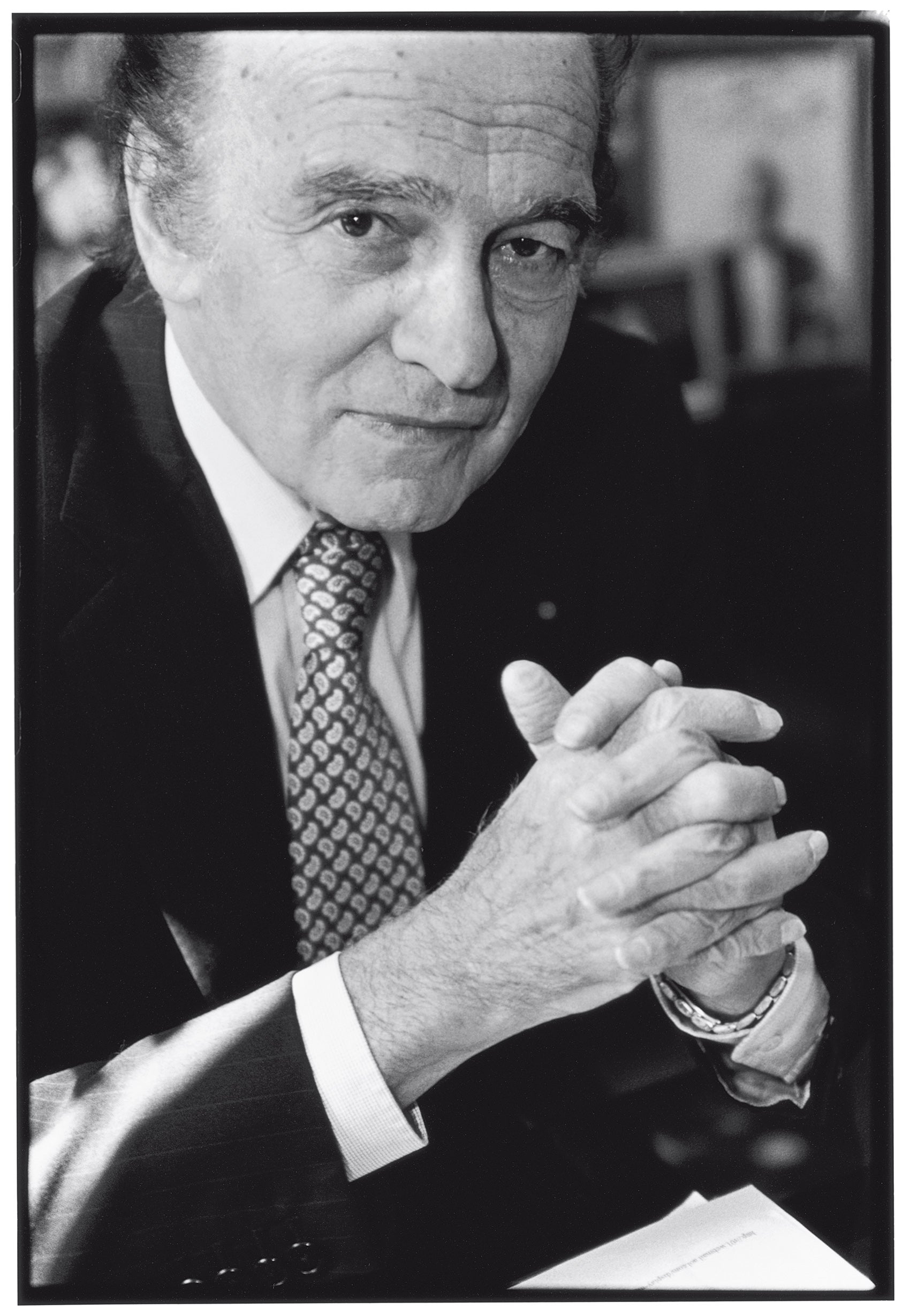Harvard Law School has announced that the family of the late Samuel Pisar LL.M. ’55 S.J.D. ’59, has endowed a professorship and a fund to support the International Human Rights Clinic. The funds established by Judith Pisar, Samuel Pisar’s widow, his daughters Helaina Pisar-McKibbin, Alexandra Pisar-Pinto, and Leah F. Pisar, and his stepson Antony Blinken, will be known as the Samuel LL.M. ’55 S.J.D. ’59 and Judith Pisar Professorship of Law, and the Samuel LL.M. ’55 S.J.D. ’59 and Judith Pisar Endowed Fund for Human Rights.
The professorship will have a focus on human rights in honor of Samuel Pisar, a renowned international attorney, presidential adviser, and Holocaust survivor who died in 2015. The clinical fund will support a range of activities at the International Human Rights Clinic, including research, scholarship, events, fellowships, internships, travel, and exchanges with peer institutions.
“We are immensely grateful to the Pisar family for their generous support of our faculty and the International Human Rights Clinic, which will honor a tireless champion for the rule of law, global governance, and human rights,” said Martha Minow, Morgan and Helen Chu Dean and Professor at Harvard Law School. “When I addressed the graduating Class of 2016 at Commencement, I chose to highlight Sam’s career and life. His courage, brilliance, hope, and creativity made such a difference across the globe; he advised leaders in the United States and in France, in government and in the private sector. As a survivor of the Holocaust, he showed enormous strength and also later wrote a powerful memoir, and collaborative works of art with Leonard Bernstein. Honored in three continents for his service to international relations and to human rights, he remains an inspiration to me. Through this gift, he will continue to inspire human rights lawyers, advocates, and scholars in the years to come.”
“My husband had a lifelong dedication to building a just world based on humanitarian principles,” said Judith Pisar. “It was a goal which he pursued with unbridled optimism, unconquerable passion, and brilliant pragmatism. We are so pleased to have the opportunity to honor Samuel’s legacy at Harvard Law School, where this important work continues today.”
An extraordinary life
Pisar was born in Bialystok, Poland. Only 10 when Poland was occupied by the Soviets, he survived six years in the Majdanek, Auschwitz, and Dachau concentration camps. He recorded his experiences in a 1979 autobiography, “Of Blood and Hope.” Pisar’s parents and sister did not survive the war.
After a brief period as a teenage black marketeer in post-war Germany, Pisar reconnected with relatives in Australia, where he completed high school in a year. He graduated from the University of Melbourne with an LL.B. in 1953 before moving to the U.S. to attend Harvard Law School. Pisar wrote his doctoral thesis on the legal aspects of trade between communist and capitalist countries and went on to earn doctorates in law at both HLS and the Sorbonne.
In 1960, he was called to serve on President John F. Kennedy’s Task Force on Foreign Economic Policy. His experiences became a blueprint for President Richard Nixon and Henry Kissinger’s policies toward Eastern Europe, the Soviet Union, and China, and formed the basis of Pisar’s 1970 book “Coexistence and Commerce.” Pisar became a U.S. citizen through a special act of Congress in 1961.
Pisar, who lived in New York and Paris, was also accomplished on the global stage. His Paris-based practice in international law and business transactions expanded along with global markets. He was a confidant to two French presidents, and a lawyer to corporate executives and Hollywood stars. As chief counsel of the International Olympic Committee, he helped Sydney win the 2000 Olympic games. He was also instrumental in the passage of the Jackson-Vanik Amendment, which required the Soviet Union to grant exit visas to a number of refuseniks as a condition of trade with the U.S.
Among his many accolades, Pisar was a Grand Officer of the French Legion of Honor, an honorary officer of the Order of Australia, and a commander of Poland’s Order of Merit. He was also named an honorary ambassador for Unesco and a special envoy for Holocaust education. He told the Harvard Law Bulletin in 2005, “In spite of everything, I have remained an active optimist.”
